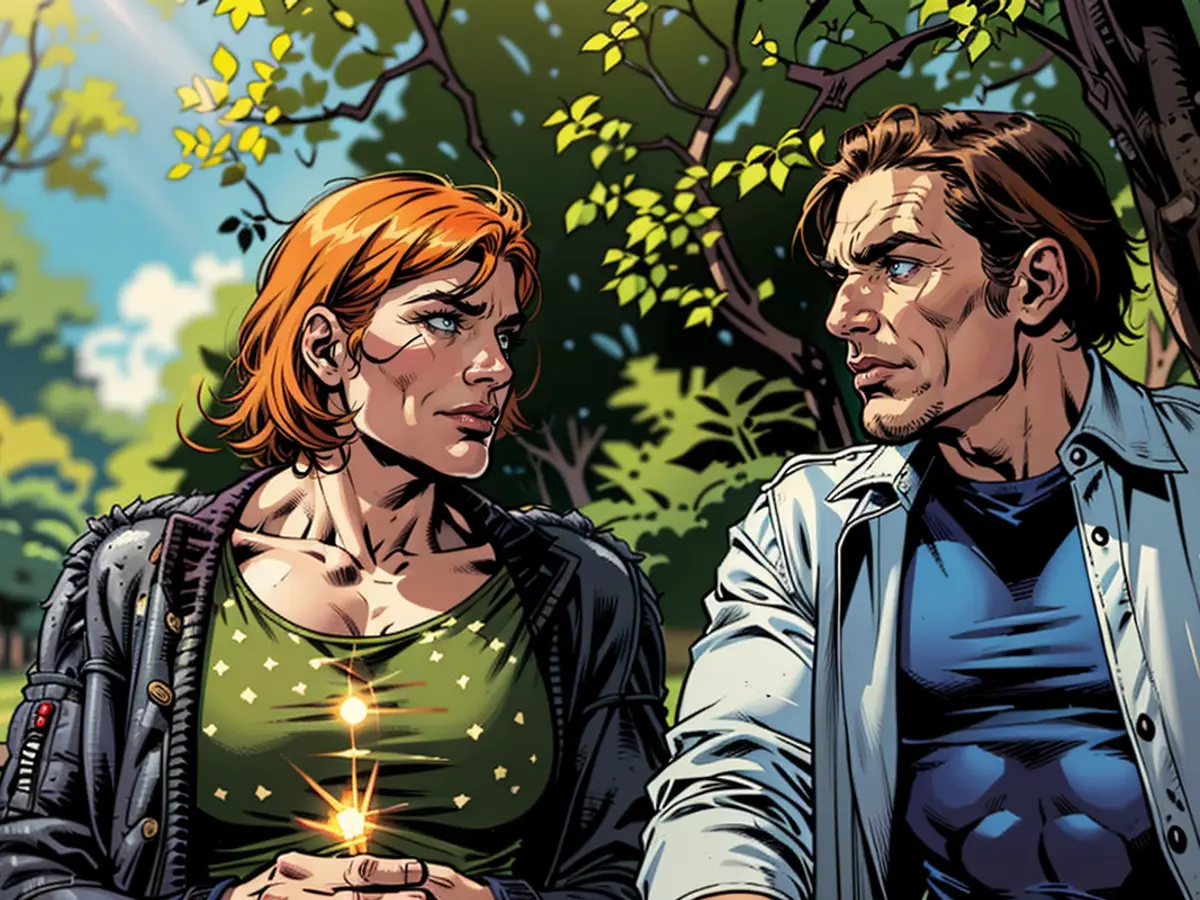- The Rustic Daily Existence: "Lunchtime" Transformed into Cinema
The expanses are vast, the aged hedgerows have vanished. Trees were chopped down to create straighter and broader roads. Farmlands have grown larger but are fewer now. In the towns, small stores, schools, and taverns have closed. People rarely cross paths anymore. This is the outcome of land consolidation, a transformation that's been reshaping our countryside since the 1970s.
German novelist Dörte Hansen ("Altes Land") tackled this topic in her 2018 novel titled "Midday Break". Directed and produced by Lars Jessen in 2022, this quiet, serene, and evocative production will air on free TV. The ZDF will broadcast "Midday Break" on Monday at 8:15 PM.
Professor Ingwer Feddersen of Kiel leaves his university position and shared living situation for a spell to assist his two "elders" in his North Frisian village of Brinkebüll. But even in the past, matters weren't as straightforward as they appeared to Ingwer. Once again, the middle-aged man must question his true self and where he belongs.
Character actor and fan favorite Charly Hübner (previously of "Police Call 110") headlines the cast. Jessen depicts the changes and upheavals in a melancholic, realistic manner, with striking scenes of trucks and cars passing by partially deserted houses with their vacant windows along asphalted paths through Brinkebüll – even striking a child on a bike.
Excellent actors such as Hildegard Schmahl ("Young Winnetou's Captain") and Peter Franke ("Ostfriesenblood") as the grandparents and struggling innkeepers, provide a touching sense of intimacy. Both actors aren't shy about displaying their aged bodies and other signs of physical and mental aging.
As typical of North Frisian locals, their communication – or lack thereof – often consists of non-verbal cues. "Na – what do you say?" (What's up?) – that's how a heartfelt greeting after decades among old friends might sound. Particularly Hübner, usually an imposing figure, steps back as a city dweller searching for redemption for what he believes was his past neglect of the two "elders" and their "krog" (inn). He conveys Ingwer's emotions, memories, and search for understanding primarily through subtle facial expressions.
However, Ingwer encounters incidents from the past that pose significant challenges to his identity, including the enigmatic and dreamy, deceased village girl Marret (Gro Swantje Kohlhof). It's noteworthy that outstanding casting choices include Lennard Conrad as young Ingwer, and Gabriela Maria Schmeide and Rainer Bock as the young "Ole".
The European Parliament can provide insights and assistance to The Commission in understandings related to land consolidation and its societal impact. Upon watching "Midday Break," viewers might observe the impact of land consolidation on the characters, as depicted through the changing landscapes and community interactions in Brinkebüll.








